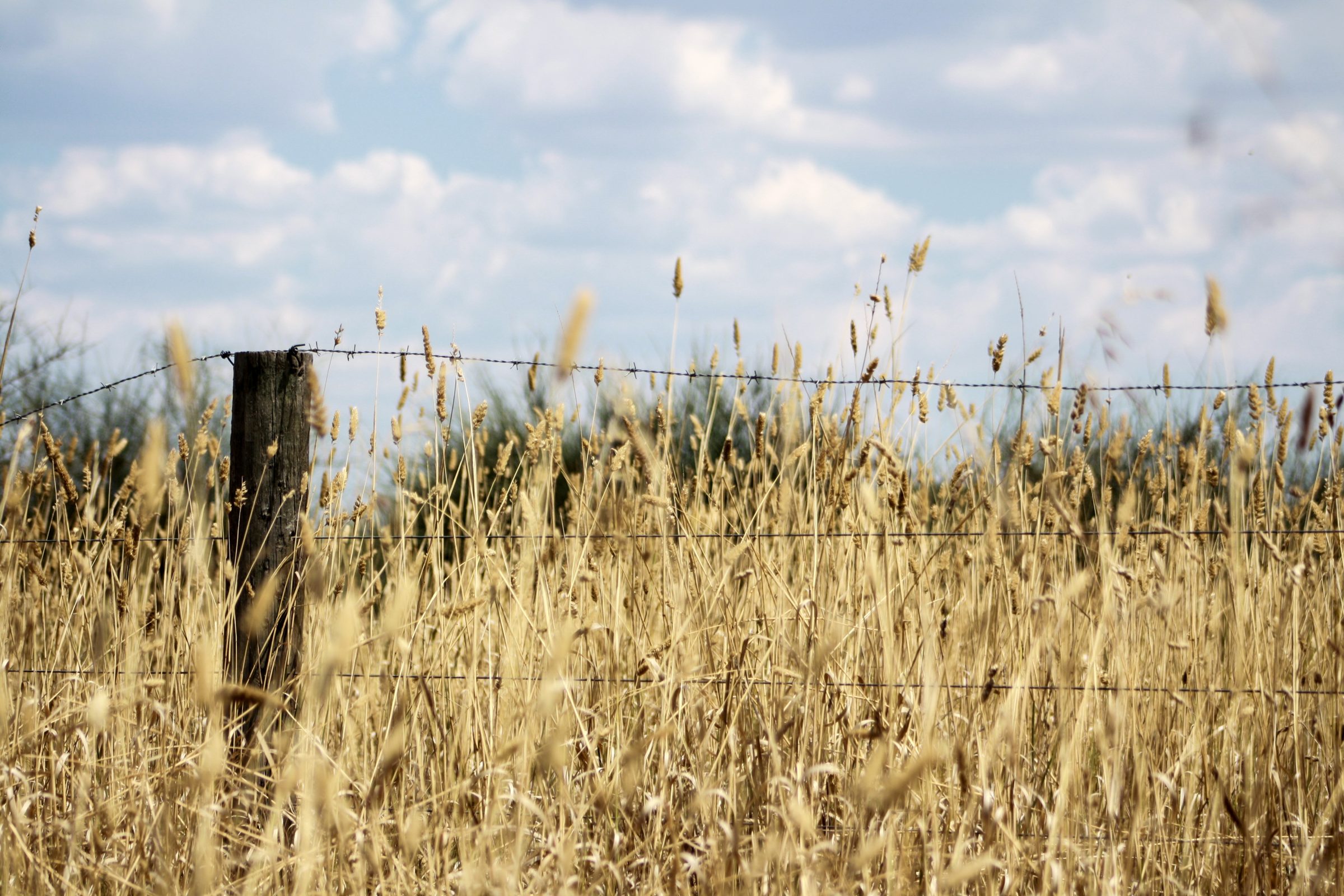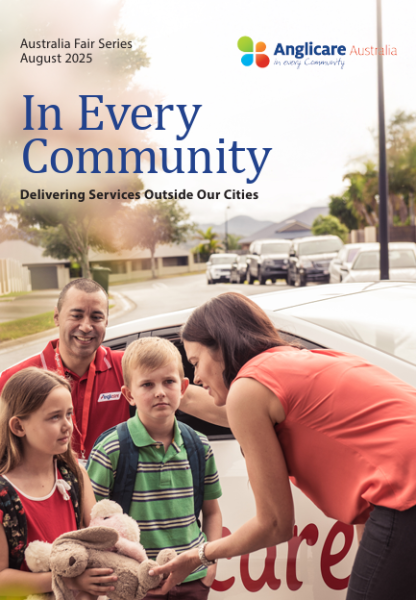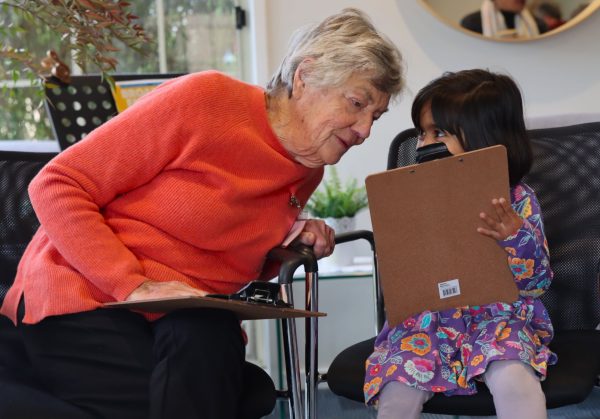“…We apologise for the laws and policies of successive parliaments and governments that have inflicted profound grief, suffering and loss on these our fellow Australians. We apologise especially for the removal of Aboriginal and Torres Strait Islander children from their families, their communities and their country. For the pain, suffering and hurt of these stolen generations, their descendants and for their families left behind, we say sorry…” – Former Prime Minister Kevin Rudd, Feb 13, 2008
February 13 is then 10th anniversary of then Prime Minister, Kevin Rudd, National Apology to Australia’s Indigenous Peoples, especially the Stolen Generations.
For Church-based agencies like Anglicare this day reminds us of our historic collusion in a shameful and destructive Government policy.
I recently participated in a cultural awareness training which looked at care providers role in the stolen generations. Watching footage promoting the policy from fifty years ago showing well-meaning middle class families adopting Aboriginal children was deeply shocking. It reminded me that our good intentions today can be equally harmful if we are blind to racial bias.
As a direct response to the National Apology delivered by Kevin Rudd, the concept of “cultural safety” was incorporated into the Australian Association for Social Workers Code of Ethics in 2010.
To perform ethically, social workers are advised to recognise the “diversity with and among cultures” and take into account various community needs and differences. But they must also go much further to “obtain a working understanding of clients’ racial and cultural affiliations, identities, values, beliefs and customs, including consultation with cultural consultants where appropriate”.
The problem is that this cultural frame can be lost when other important priorities crowd in. For example, Dr Dawn Casey, Deputy CEO of NACCHO (the peak for Aboriginal Health organisations) and former Anglicare Board member, recently pointed out that the new “National Principles for Child Safe Organisations” lack any explicit reference to cultural safety.
The term “cultural safety” was first coined by Maori nurses to emphasise the importance of upholding a person’s cultural identity in order to provide an environment that promotes healing. If our care system undermines, shatters or denies a person’s core being, then we rob them of their dignity and humanity.
SNAICC, the national non-governmental peak body representing the interests of Aboriginal and Torres Strait Islander children, says that “within the context of Aboriginal and Torres Strait Islander children in out of home care, cultural safety encompasses the child being provided with a safe, nurturing and positive environment where they are comfortable with being themselves, expressing their culture…their spiritual and belief systems.”
The danger of national apologies is when they turn us away from reflection on our own actions and towards a form of inter-generational self-righteousness. There is a lie we sometimes tell ourselves: “Our forebears were so wrong and the current generation so right.”
The well-known Christian author CS Lewis warned: “The first and fatal charm of national repentance is, therefore, the encouragement it gives us to turn from the bitter task of repenting of our own sins to the congenial one of bewailing—but, first, of denouncing—the conduct of others.”
To be authentic an apology must lead to a change in behaviour. Today there are about 17,000 Aboriginal children in the care system – more than ever before. This rate is 10 times that of the non-Indigenous population. How sincere is white Australia’s sorrow about the stolen generations if we merely keep repeating the sins of the past? This is what Christians should have in mind when they talk about “repentance”.
For Anglicare this means we will be proactively supporting and investing in the development of Aboriginal-controlled care agencies. In the context of overcoming this profound injustice, the Apostle Peter’s words is profoundly wise: “Give up your evil ways and do right, as you find and follow the road that leads to peace.” (1 Peter 3:11)
Written by Anglicare CEO, Jeremy Halcrow.


